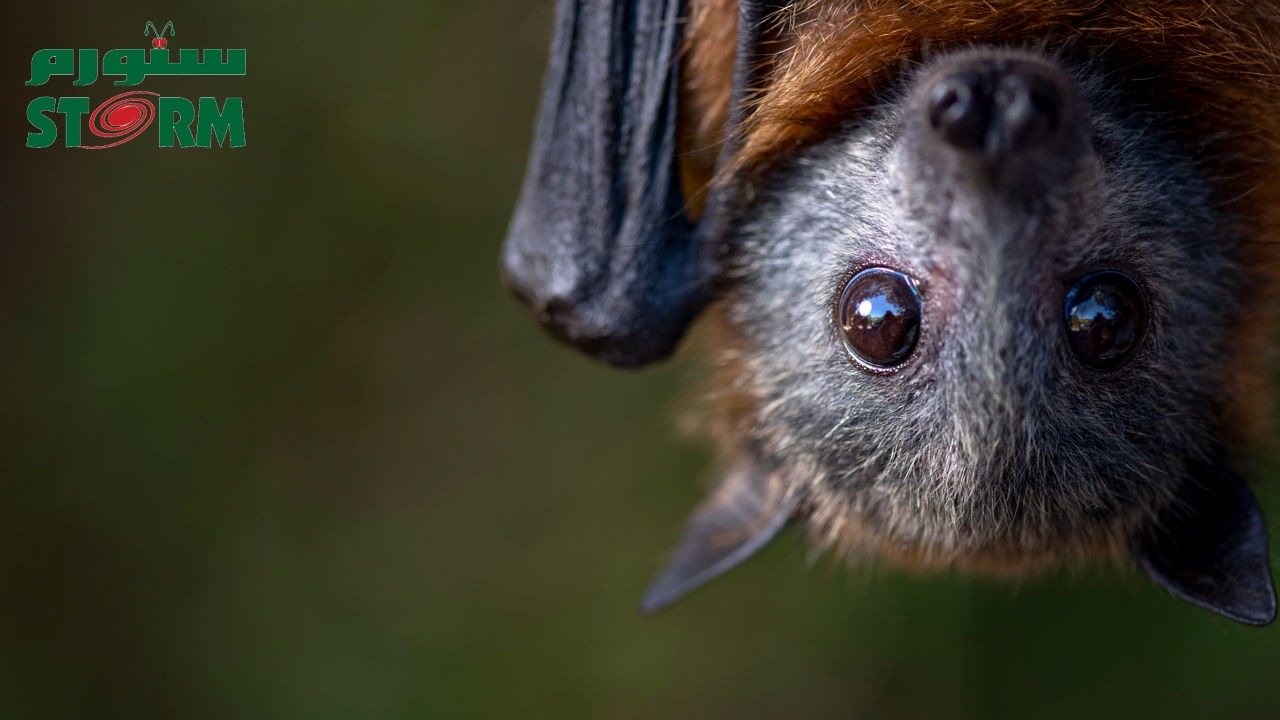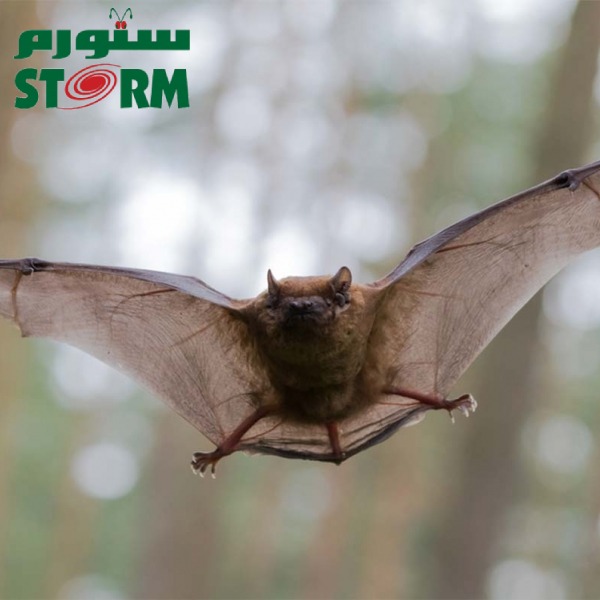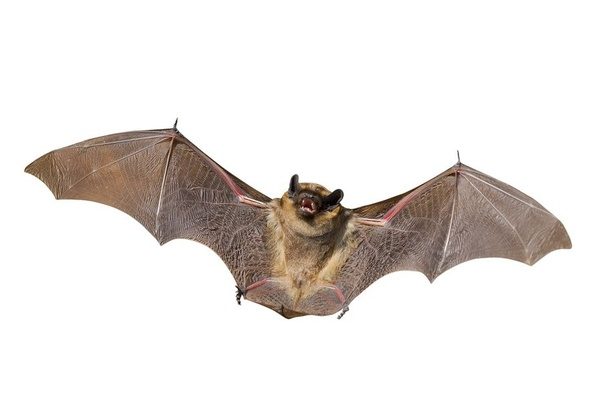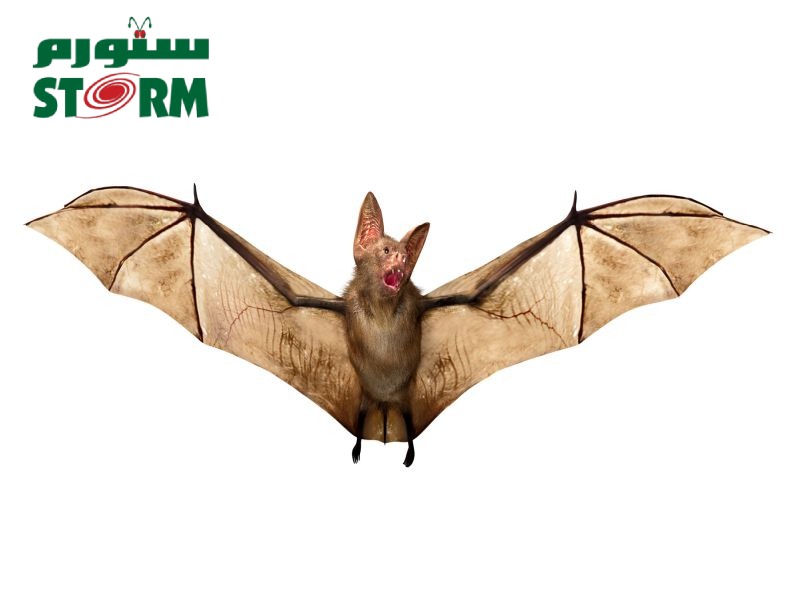Insect & Pest Control
Learn about bats and their role in an ecosystem
Bats are small creatures with long, thin wings and large ears. Their wings are hairless, but their bodies are covered in shiny brown or black fur. There are more than 1,300 species of bats around the world, making them the second most common group of mammals after rodents. The bat has four long fingers and one thumb, whose fingers are connected by a thin layer of skin. It is the only mammal in the world that can fly. The elastic skin membrane and the joints allow them to quickly change direction and catch insects in the air.
Bats are very important to humans and the environment, as insect-eating bats consume millions of insects every night, thus they act as a natural control of plant pests, as they help farmers to get rid of harmful pests and reduce the use of toxic pesticides that cost them large amounts every year. Also, nectar-drinking bats pollinate plants. Some people may think that bats are blind, but this is not true, as they can see, but their eyesight is relatively weak.

How dangerous are bats to humans?
Bat droppings dirty the walls, and the accumulation of faeces can cause an unpleasant lung disease. Bats also have sharp teeth and are able to bite when they feel threatened; this increases the risk of developing a deadly disease that targets the brain and nervous system. Bats can also transmit other dangerous diseases, including the Ebola virus.
What do bats eat?
Using echolocation, bats catch flying insects all night long. Among the most popular insects that moths feed on are beetles, mosquitoes and ants.

Where are bats?
Bats can be found almost everywhere, except for polar regions and extremely hot deserts. They spend daylight hours usually hiding in crevices that keep them hidden and protected. You may find them caves, tree hollows, abandoned and old buildings.
How do you deal with bats if you find them in your surroundings?
If you see bats in your home or basement, and in dark places, you should not try to deal with them, because trying to deal with bats may lead to injury or disease. Alternatively, you can contact Storm to find an appropriate solution to deal with it and with any kind of insects or pests that bother you, we have a specialized team capable of solving all these problems. A professional team will come to your home and conduct a comprehensive examination inside and outside. They will develop a personalized science-backed treatment plan that best meets your needs.


 العربية
العربية
